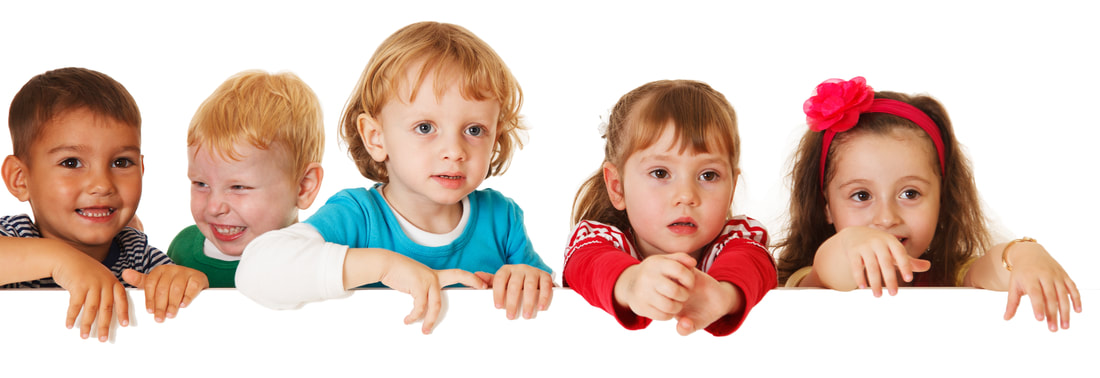Sentry Page Protection
Please Wait...
Student Login  Hi, (First Name)
Hi, (First Name)  | Log Out
My Profile
Log Out
| Log Out
My Profile
Log Out
Student Login
Welcome, (First Name)!
Enter Member Area
(Message automatically replaces this text)
OK
Interactions and Guidance
2 Clock Hours of Early Childhood Education




